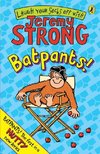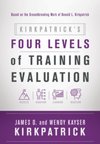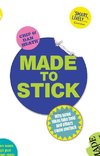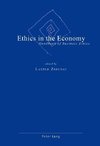
-
 Anglický jazyk
Anglický jazyk
The influence of polyculture on the arthropodofauna of cotton
Autor: Sékou Cissé
Organic cotton cultivation is introduced in Mali through the HELVETAS program for the development of the cotton sector, which aims to produce cotton using organic matter as fertilizer and to protect the crop with bio-pesticides and trap plants. In this study,... Viac o knihe
Na objednávku
36.99 €
bežná cena: 41.10 €
O knihe
Organic cotton cultivation is introduced in Mali through the HELVETAS program for the development of the cotton sector, which aims to produce cotton using organic matter as fertilizer and to protect the crop with bio-pesticides and trap plants. In this study, the influence of polyculture on the population dynamics of the phytophagous arthropodofauna of cotton and their natural enemies is carried out under the agroecological conditions of Katibougou in southern Mali in order to contribute to the protection of organic cotton. Maize and sesame were used as trap plants in two seeding modes: intercropping and border seeding. The experimental set-up used is a Latin Square in three (3) replications (blocks). The trap plants were sown 16 days after the cotton. Of all the arthropods recorded, 22% were attracted by the trap plants and 78% were observed on the cotton plants. Among these arthropods, 62% were biting-sucking, 3% were phyllophagous, 0.4% were carpophagous, 14% were predators, 2% were parasitoids and 19.15% were others.
- Vydavateľstvo: Our Knowledge Publishing
- Rok vydania: 2023
- Formát: Paperback
- Rozmer: 220 x 150 mm
- Jazyk: Anglický jazyk
- ISBN: 9786205916773











